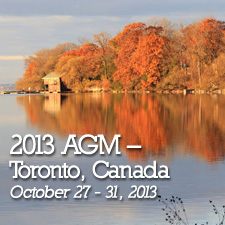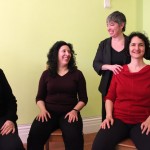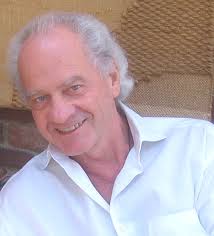Seeming, Being and Becoming:
Working with Potential
A Special Workshop with Senior Teacher of the Alexander Technique, Tommy Thompson
Friday, November 1st – Sunday, November 3rd, 2013
My workshops are largely guided by the participant’s questions and issues no matter what particular theme or focus is assigned. When teaching, I am always reminded that I am working with the person’s potentiality for becoming other than who they are currently committed to being. For me this approach is preferable than working with a person’s “habit of use” in the negative sense, implying the necessity of correcting that which is wrong.
Habitual response is governed by an individual’s commitment to who they feel they need to be at a given moment. And no matter how committed to habitual patterns of behavior and identity a person might be, there is always more to a given individual than their habits reflect; perhaps even who they truly are, or certainly wish to be. When we behave more closely in accord with the way in which we are designed to function the impetus to change is less impeded by the idea of a fixed identity that is given life by tensional patterns of behavior that interfere with the natural functioning of dominant head/neck reflexes which affect the total pattern of neuromuscular behavior in an integrative manner, i.e. FM Alexander’s principle of primary control.
When using my hands or verbal instruction to introduce this manner of self observation, I disperse the localization of contractive patterns of muscle and connective tissue behavior associated with a person’s habit of identity; and in so doing to his or her commitment to who he or she thinks they need to be, to be themselves. In this manner their sense of ‘self association’ truthfully emerges moment to moment, with a tendency towards fluidity rather than fixity.
My attention and my pupil’s attention to the inhibitive moment involves withholding definition of who we are committed to being to allow in new information that informs the experience we are having of us, rather than we always informing and managing our own experience based on past perceptions.
For me and for other Alexander teachers who have experienced teaching in this way, it is a truly wonderful approach of communicating to a student. The moment in which we are helping the student to let go of what was once quite useful, important and perhaps necessary to them as they forged their sense of self-worth calls for compassion on our part as teachers; and on the part of the pupil when letting go of an aspect of who they have been in favor of who they might become; or in the best of circumstance, remember who they are.
Our awareness of habitual ‘use’ in these terms opens the door to a vast world of possibility. Such awareness signals a point of reference to who we actually are and can be. The recognition that we are prey to habit is a good thing if viewed within the context of change and potential. Again, it allows us the possibility of meeting ourselves being ourselves, so that we can decide who we wish to be.

Tommy Thompson
Tommy Thompson, Co-founder, Charter member, and past Chair of Alexander Technique International (ATI), a former Assistant Professor of Drama and Managing Director of Tufts Arena Theater at Tufts University, has lectured and given over 350 workshops for Alexander teachers and students in the United States, England, Ireland, France, Switzerland, Germany, Hungary, Canada, Spain, Italy, Israel, Austria, the Netherlands and Japan. He has taught on teacher-training courses for over twenty trainings worldwide. Co-author of Scientific and Humanistic Contributions of Frank Pierce Jones, Tommy has contributed numerous papers on the Alexander work, Tai Chi, and Theater to Alexander and Theater journals, periodicals, Martial arts journals, and newsletters. Tommy presented papers at both the First and Second International Congresses for Alexander Teachers, and was one of the Second Generation Teachers invited to give master classes at the Third International Congress in Switzerland in August of 1991. In addition, he delivered a paper on “Inhibition as Direct Experience,” which was published in The Congress Papers. He was one of the teachers selected to give Continuous Learning classes at the last Alexander Technique Congress in Lugano and will give the same at the forthcoming congress in 2011. In 1976, Tommy was special assistant to the 1976 Olympic USA Heavyweight Rowing Crew. In 1982, he was co-founder of Alexander Technique Association (ATA) of New England and the Frank Pierce Jones Archives and the F. Matthias Alexander Archives, housed in the Wessell Library at Tufts University, and was the organization’s director for six years. Since 1983, Tommy has directed a Teacher Training School for Alexander teachers in Cambridge, Massachusetts, where for the past 35 years he has taught the Technique to professional and Olympic athletes, dressage riders, scientists, physicians, musicians, dancers, actors, and children.
Location: 151 Markham Street, Toronto
Fee: USD$350.00
Special Rate for Teacher Trainees and Registrants at 2013 ATI AGM: USD$300
Schedule:
Friday, 12-6pm
Saturday, 10am-6pm
Sunday, 10am-5pm

















